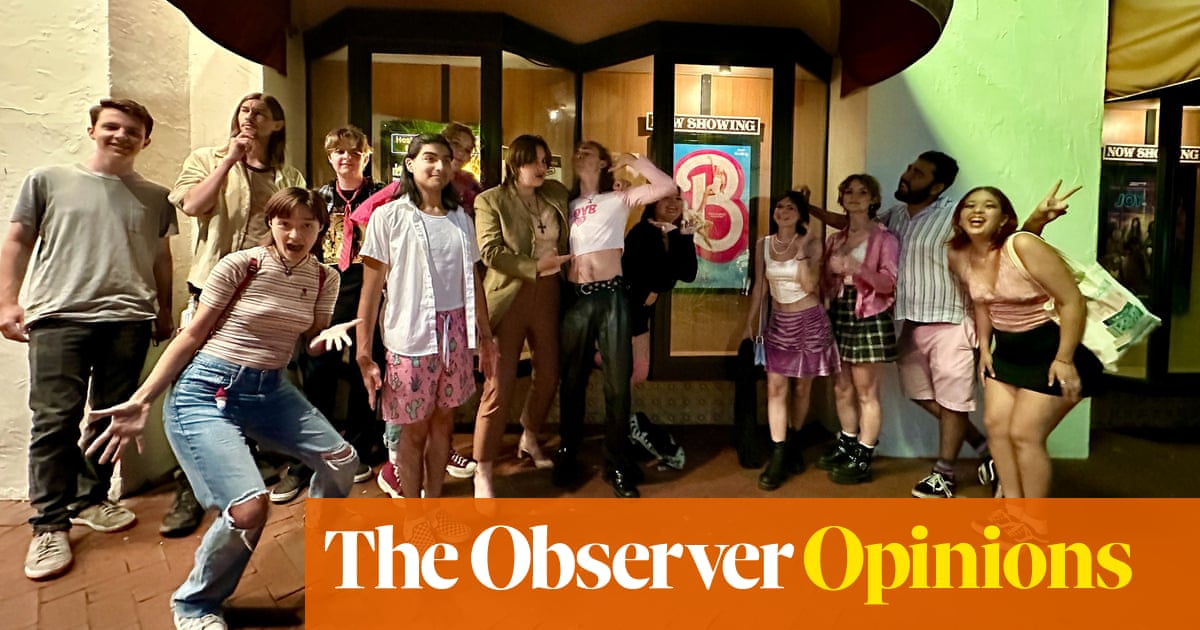
Anyone unfamiliar with how Israel, and the military occupation of Palestine in particular, is actively and irreversibly damaging the environment might reach the erroneous conclusion that Tel Aviv is at the forefront of the global fight against climate change. The reality is the exact opposite.
In his speech at the ongoing UN Climate Change Conference known as COP26 in Glasgow, Israel’s right-wing Prime Minister Naftali Bennett pushed the Israeli brand of “innovation and ingenuity” to “promote clean energy and reduce greenhouse gases.” Israel uses this particular brand for many purposes, including promoting itself as the savior of Africa, helping governments intercept fleeing refugees, pushing deadly weapons in the global market and, as Bennett has done in Scotland, supposedly saving the environment.
Just before we hastily dismiss Bennett’s rhetoric as empty words, we must remember that some are actually buying into this Israeli propaganda, including American billionaire Bill Gates. The day after Bennett’s speech last week, Gates met the Israeli prime minister on the sidelines of COP26 to discuss the establishment of a “working group” to study potential cooperation “between the State of Israel and the Gates Foundation in the area of climate change innovation,” the Times of Israel reported. According to the newspaper, Gates, who asserted in his meeting with Bennett that only innovation can solve the problem of climate change, said: “That’s really what Israel is known for.”
However, Gates’ obsession with “innovation” might have blinded him to the other issues Israel is “known for” — namely being the world’s leading human rights violator, whose horrific track record of racial apartheid and violence is known to every member of the UN.
And there is something else that Gates might not be aware of: The systematic and deliberate destruction of the Palestinian environment as a result of the Israeli occupation and Tel Aviv’s insatiable appetite for military superiority; thus its constant “innovation.” Every act that is carried out to entrench the military occupation consolidates Israel’s colonial control, while the expansion of the illegal settlements directly impacts the Palestinian environment.
Hardly a single day passes without a Palestinian tree or orchard being set ablaze or cut down. “Clearing” the Palestinian environment is, and has always been, a prerequisite for the construction or expansion of the Jewish-only settlements. For these colonies to be built, countless trees have to be removed, along with the Palestinians who planted them.
Over the years, millions of Palestinian olive and other fruit-bearing trees have been uprooted due to Israel’s constant hunger for more land. The subsequent soil erosion in many parts of the Occupied Territories speaks volumes about this horrendous ecocide.
But it does not end there, of course. For hundreds of illegal settlements — hosting a population of more than 600,000 settlers — to survive, a heavy toll is being exacted on the Palestinian environment. According to the thorough research of Ahmed Abofou, an independent legal researcher with Al-Haq rights group, illegal Israeli settlements “generate around 145,000 tons of domestic waste daily.” Abofou reported that “in 2016 alone, around 83 million cubic meters of wastewater were pumped throughout the West Bank.”
Moreover, Israel has near-total control of Palestinian water resources. It relies on the West Bank’s aquifers to meet its needs, while denying Palestinians access to their own water.
According to Amnesty International, the average Israeli consumes 300 liters of water per day, while Palestinians consume just 73 liters. The problem is accentuated when the water usage of illegal settlers is taken into account. The average settler consumes as much as 800 liters per day, while entire Palestinian communities could be denied a drop of water for days, even weeks, often as a form of collective punishment.
The water issue is not just about the outright theft, denial of access or unequal distribution of water resources, it is also the lack of clean and safe drinking water — an issue that has been highlighted by international human rights groups for many years. Unfair policies have forced many Palestinians to purchase water brought in on trucks at prices ranging from $4 to $10 per cubic meter, according to Amnesty International, highlighting that, for the poorest Palestinian communities, “water expenses can, at times, make up half of a family’s monthly income.”
As bad as the situation may sound, the plight of besieged Gaza is much worse than that of the West Bank. The tiny and overcrowded Strip is the perfect example of Israeli cruelty. Two million Palestinians live there, while being denied the most basic human rights, let alone freedom of movement.
Since the Israeli military blockade on Gaza began in 2007, the environment of the coastal region has constantly deteriorated. With little electricity and with bombed-out sewage plants, Palestinians have been forced to dump their unprocessed sewage into the sea. Gaza’s underground water is now polluted to such an extent that 97 percent of it is undrinkable, according to UN reports.
This is only the tip of the iceberg. From the destruction of Palestinian wells to the poisoning of trees and the demolition of entire ecosystems to make space for Israel’s apartheid wall, as well as the use of depleted uranium in its various wars against Gaza, Israel has been on an unrelenting mission to ruin Palestine’s environment in all of its manifestations.
In truth, Mr. Gates, this is what Israel is known for according to anyone who cares to pay attention. Allowing Bennett to present his country as a potential savior of humanity, while validating Israel with massive investments in “innovation,” mischaracterizes — in fact, invalidates — the entire global campaign to truly understand the nature of the problem at hand.
Those who are hurting the planet have no right to claim the role of being its saviors. Israel, in its current violent state, is the enemy of the environment, and this is what it should be known for.
Ramzy Baroud has been writing about the Middle East for over 20 years. He is an internationally syndicated columnist, a media consultant, an author of several books, and the founder of PalestineChronicle.com. Twitter: @RamzyBaroud












